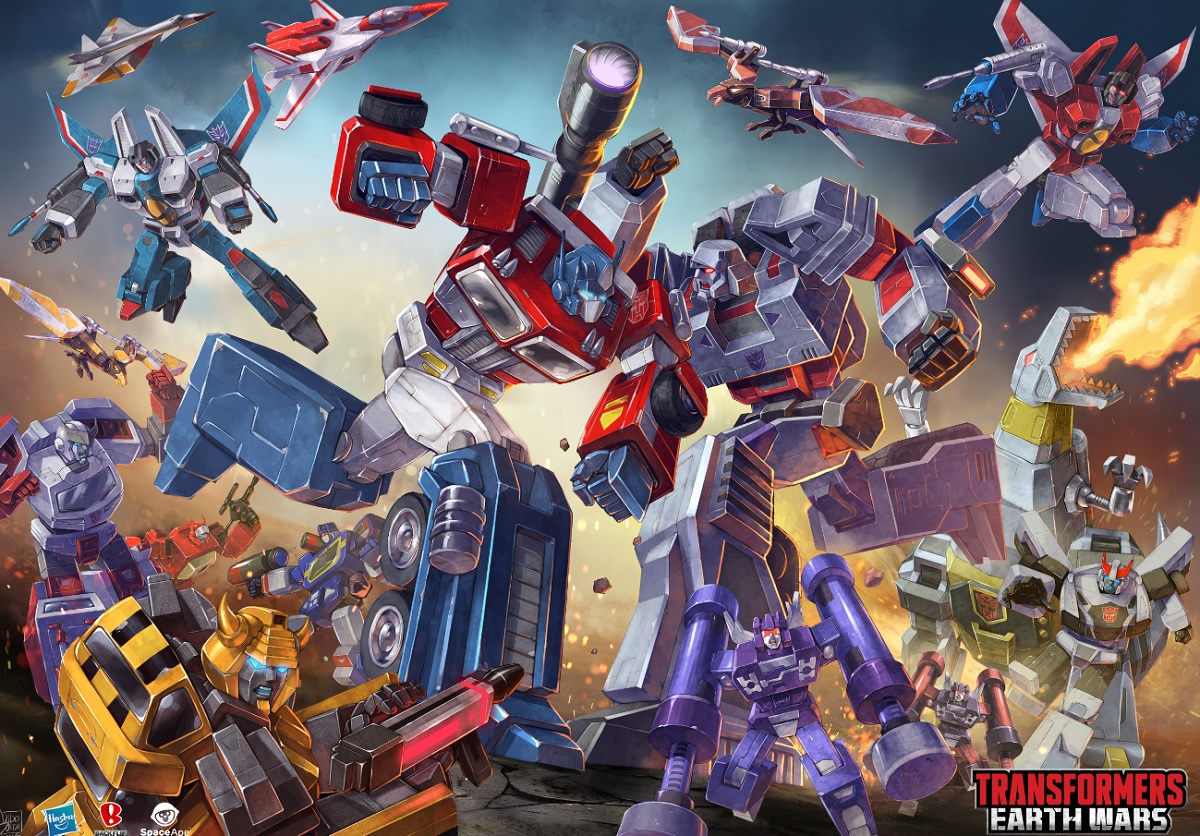These aren’t easy times for all mobile game developers. But Space Ape Games is one of the exceptions that has begun to rise above the pack.
From January 2015 to today, Space Ape Games grew from 10 million players to 35 million players, said John Earner, CEO of the London-based game studio, during Unity’s press event at the Game Developers Conference (GDC). During that time, revenues grew from $25 million to $92 million. And in the fourth quarter of 2016, the company had $5 million in profit, Earner said.

Unlock premium content and VIP community perks with GB M A X!
Join now to enjoy our free and premium membership perks.
![]()

![]()